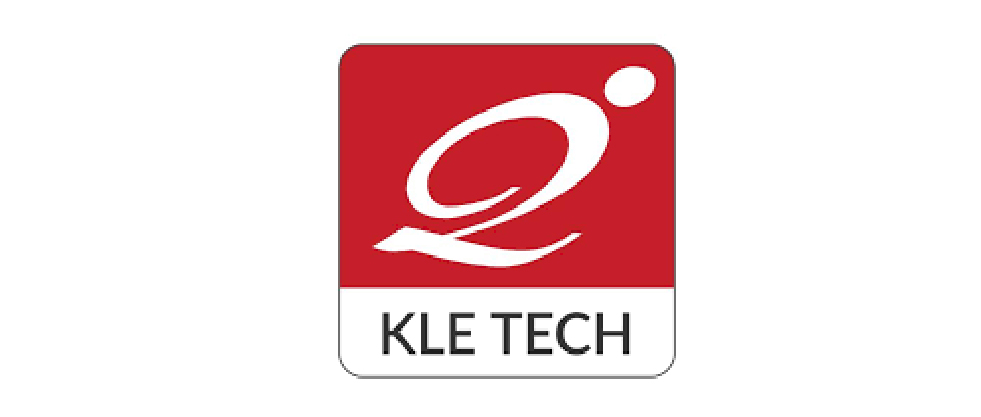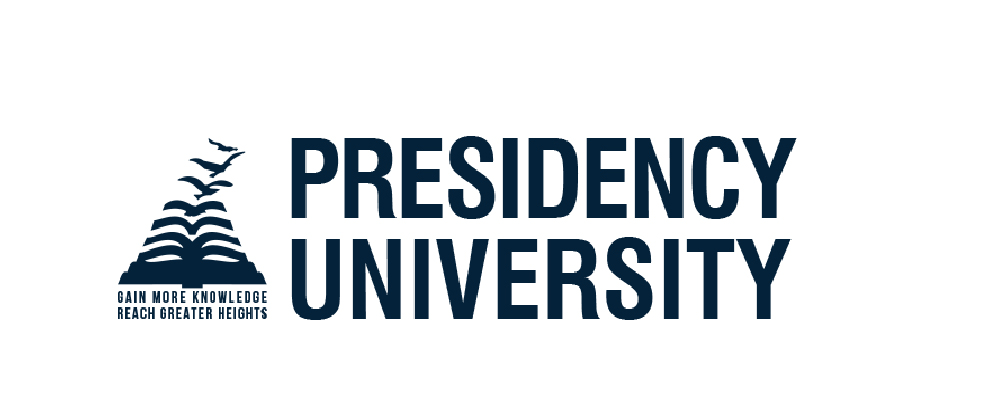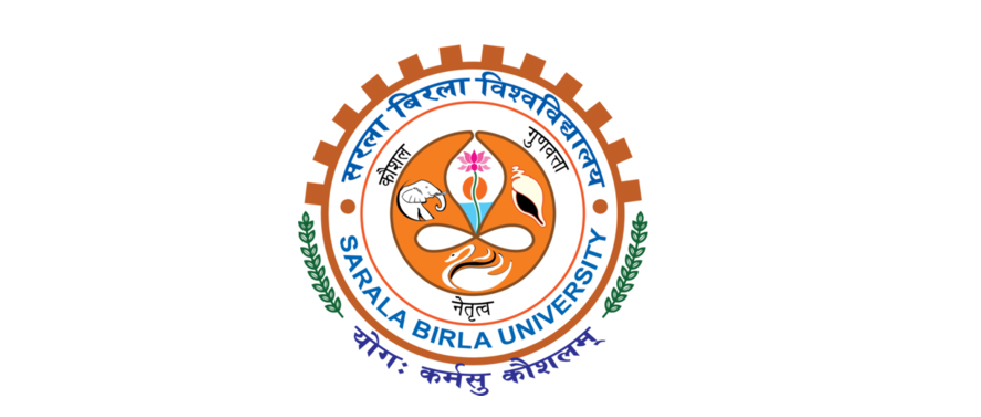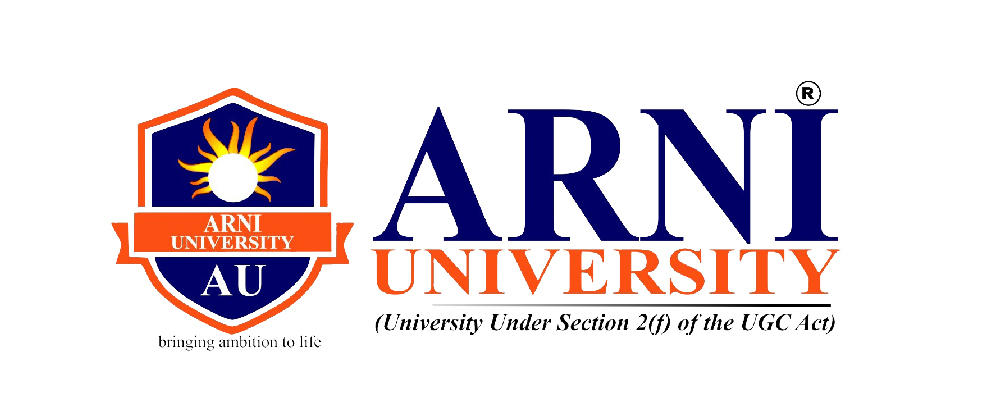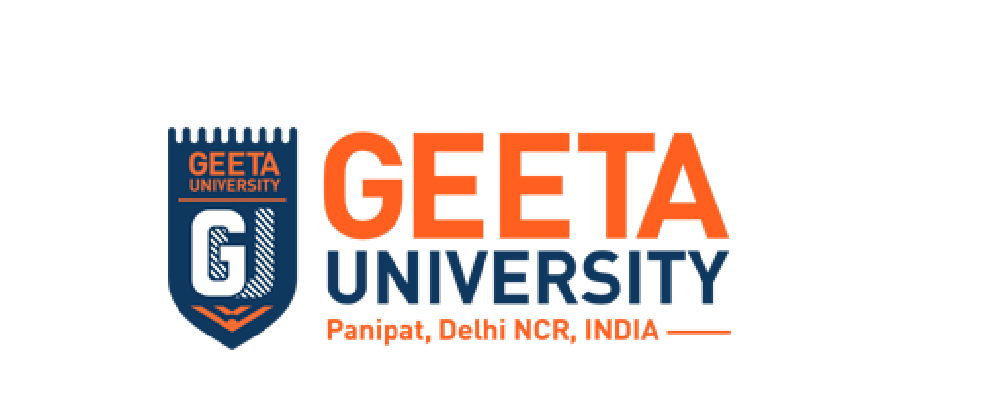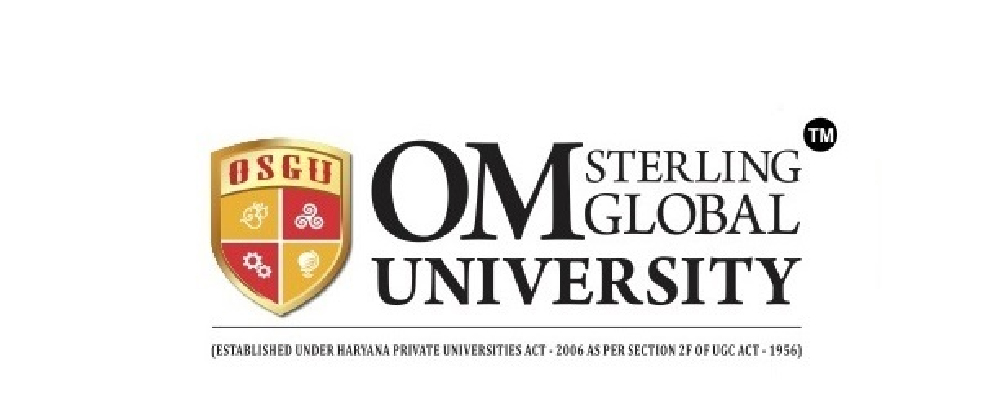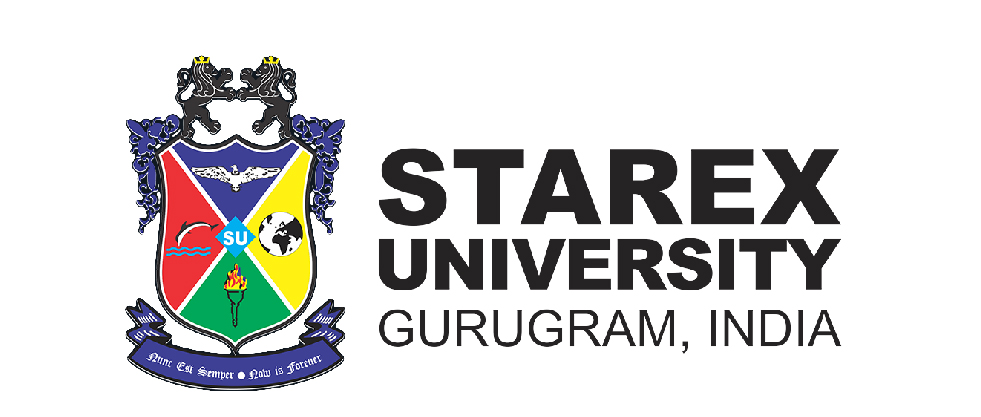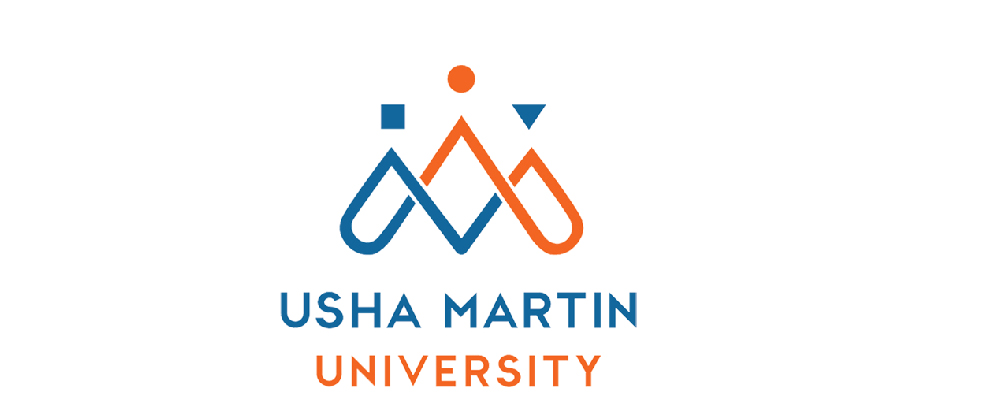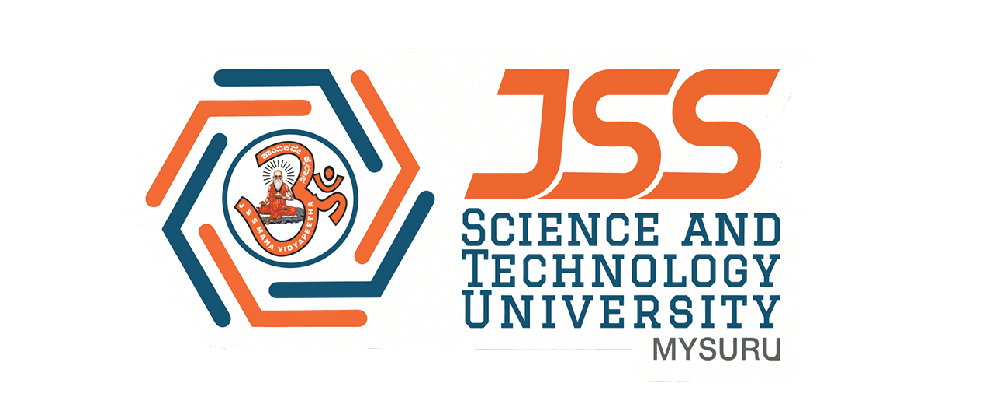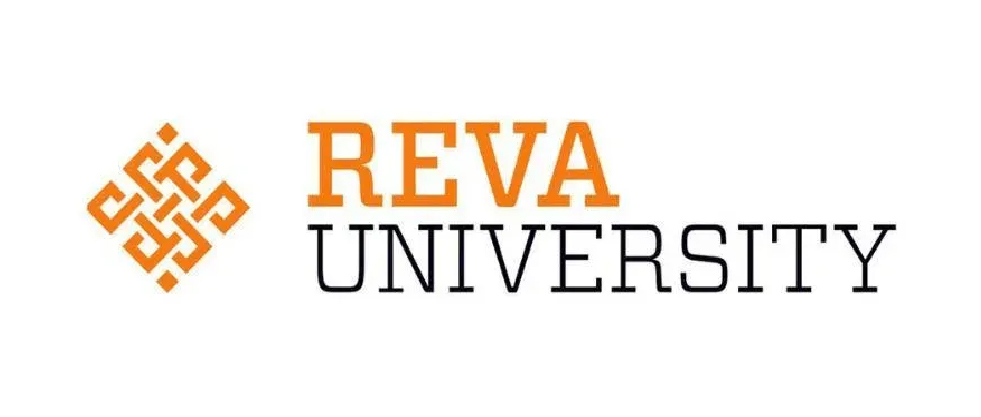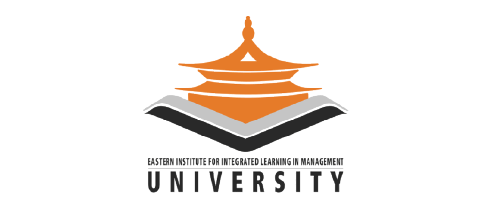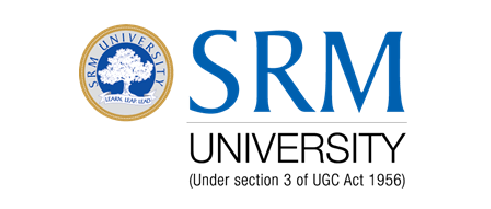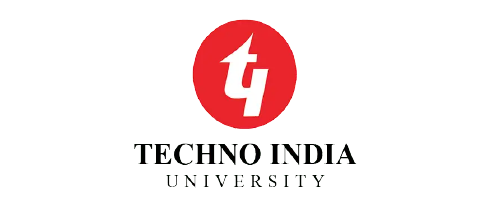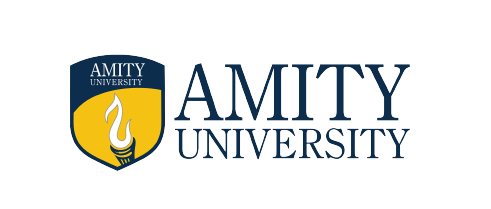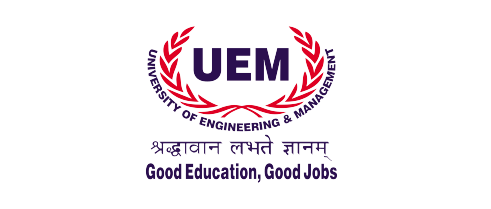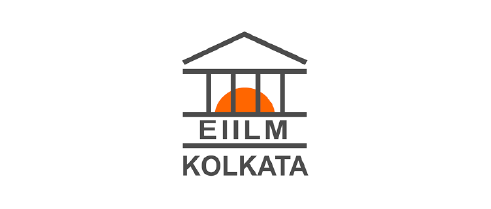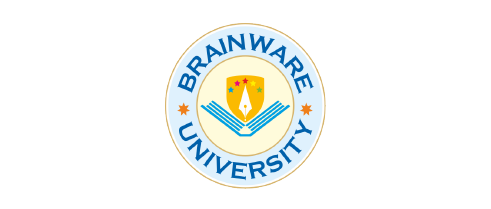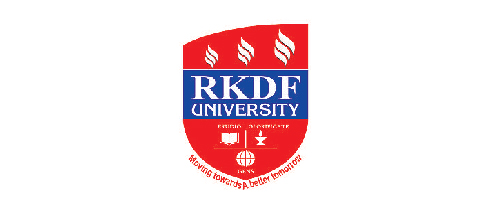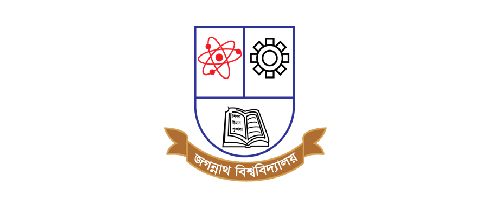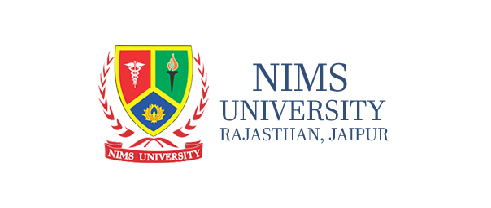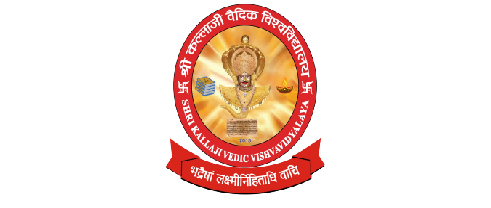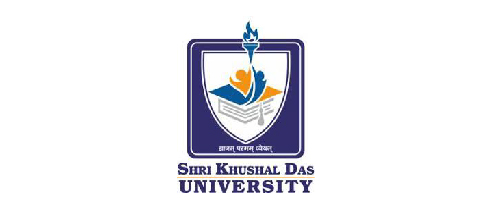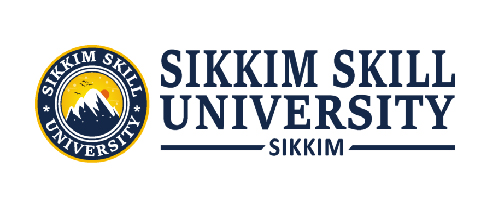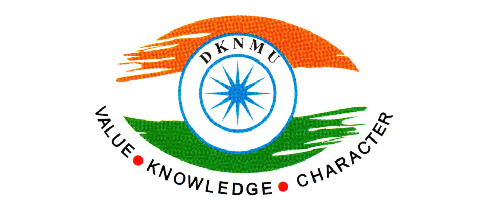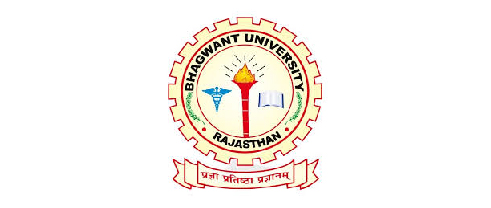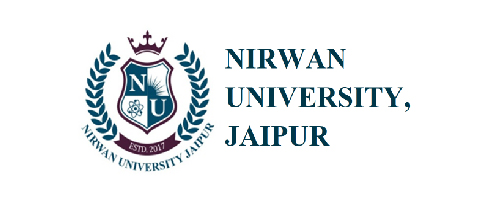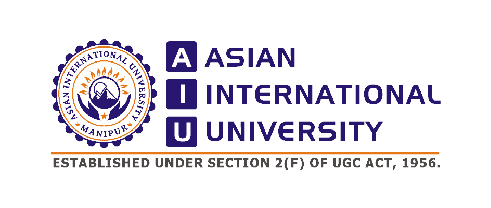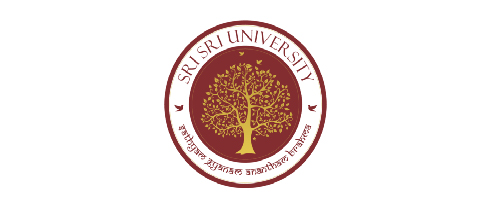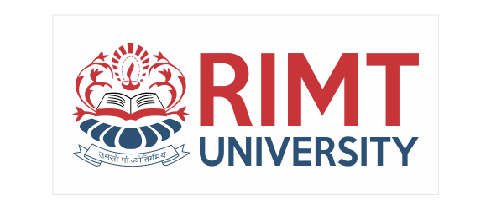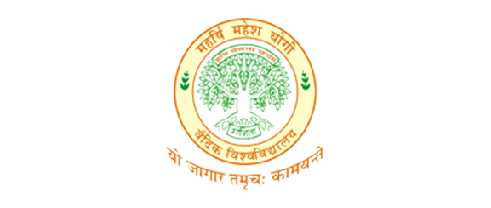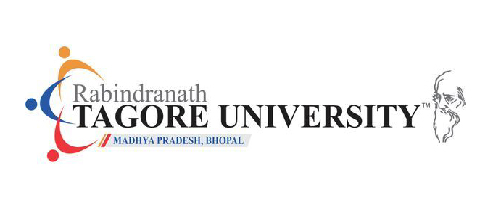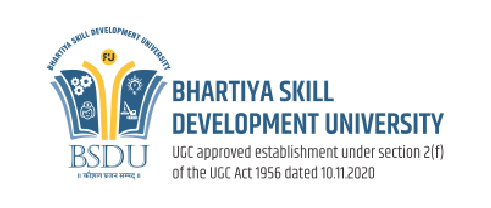engineering from india
b.e or b.tech
overview
Bachelor of Engineering (B.E) / Bachelor of Technology (B.Tech) is a professional undergraduate engineering degree programme awarded to candidates after completion of four years of study in the field. In a layman’s language, BE/BTech is the undergraduate programme that is a gateway for you to become an engineer. In India, a B.E/B.Tech degree is offered across various specializations. These specializations include Computer Science Engineering, Mechanical Engineering, Civil Engineering, Chemical Engineering, Aerospace Engineering, Ceramic Engineering, Electrical Engineering, Electronics Engineering, Electronics and Communication Engineering, Electronics and Electrical Communication Engineering, Electronics and Electrical Engineering, Instrumentation Engineering, Metallurgical Engineering, Petroleum Engineering etc.
eligibility criteria |
Course Curriculum for B.E / B.Tech |
|---|---|
|
The basic eligibility requirement for admissions to any B.Tech programme is:
Please note that the B.Tech eligibility criteria would vary from institute to institute. |
Explore the diverse B.Tech specializations and their unique course curricula tailored to industry demands. Each B.Tech specialization, whether in Computer Science, Mechanical Engineering, or Civil Engineering, offers a distinct syllabus designed to equip students with relevant skills and knowledge. Understanding the specific course structure for popular B.Tech branches can help you choose the right path for your career goals. Dive into the detailed syllabus for top B.Tech specializations to make an informed decision about your engineering education. |
Take a look at the syllabus/course curriculum for some of the popular B.Tech specializations below :
| Aeronautical Engineering | Aerospace Engineering | Automobile Engineering |
| Biomedical Engineering | Biotechnology Engineering | Ceramic Engineering |
| Chemical Engineering | Civil Engineering | Communications Engineering |
| Computer Science Engineering | Construction Engineering | Electrical Engineering |
| Electronics & Communication Engineering | Electronics Engineering | Environmental Engineering |
| Industrial Engineering | Marine Engineering | Mechanical Engineering |
| Mechatronics Engineering | Metallurgical Engineering | Mining Engineering |
| Petroleum Engineering | Power Engineering | Production Engineering |
| Robotics Engineering | Structural Engineering | Telecommunication Engineering |
| Textile Engineering | Tool Engineering | Transportation Engineering |
Difference between BE and BTECH
BE |
BTECH |
|---|---|
| B.E is more theoretical and knowledge oriented. It is a study based on theory. | B.Tech is skill/data-oriented. The course is more of application engineering. |
| The course deals with engineering aspects of science | The course deals with the technical aspects of science |
| The course is applied to develop innovative equipment and useful technical gadgets in Science and Technology. |
The course applies the principles of engineering and technology to modify structures and thereby enhance their quality. |
m.e or m.tech
Difference between ME and MTECH
ME |
MTECH |
|---|---|
| M.E. is known as Masters of Engineering | M.Tech. is known as Masters of Technology. |
| M.E. is more of a knowledge oriented. | M.Tech. is more of a skill oriented. |
| M.E. is usually designed for students who plan for employment upon graduation and who are already in the engineering workforce. |
M.Tech. is designed to produce Research Engineers who can get the position of “Technologist” in the industries and research institutes. |
| M.E. emphasizes on in-depth concept clarification of facts. | M.Tech. emphasizes on practical exposure of conceptual knowledge. |
| M.E. is mostly preferred by private universities or self-affiliated colleges. For instance, IIT. |
M.Tech. is offered by colleges affiliated by various universities. |
| M.E. is conventional term used for majorly theory-based study. | M.Tech. involves use of technology and other aided. |
Eligibility Criteria for ME/MTech : |
Entrance Exam for MTech : |
|---|---|
|
The basic eligibility requirement for admission to ME/MTech programme is:
*Please note that the ME/MTech eligibility criteria would vary from institute to institute. |
Graduate Aptitude Test in Engineering (GATE) Graduate Aptitude Test in Engineering or popularly known as GATE is a national-level engineering exam conducted every year for admission to postgraduate and doctorate level courses at IITs, NITs and IIITs. The exam is jointly conducted by seven IITs (Bombay, Delhi, Kanpur, Guwahati, Kharagpur, Madras and Roorkee) and the Indian Institute of Science (IISc), Bangalore. Various government and private institutions across the country accept the GATE score for admission to their MTech programmes. Moreover, Public Sector Units (PSUs) also recruit engineers through GATE. |
Course Curriculum for ME/MTech :
The course curriculum for every ME/MTech specialization is different. Herein the syllabus. The course curriculum for some of the popular ME/MTech specializations.
| Chemical Engineering | Process Control and Instrumentation Engineering |
| Computer Science and Engineering | Software Engineering |
| Electrical Engineering | Power Systems Engineering |
| Mechanical Engineering | Thermal Engineering |
| Electronics and Communication Engineering | VLSI System Design |
ME/MTech: Types of Job profiles and Top recruiters :
The job opportunities for ME/MTech graduates are huge in technical fields. Any graduate who has successfully pursued the ME/MTech degree can get a job in almost all the sectors in India. Besides being hired as engineers, ME/MTech graduates are also hired as consultants, subject matter experts, researchers, managers, etc. Herein some of the popular job profiles for ME/MTech graduates.
| Computer Science Engineer | Chief Engineer |
| Assistant Engineer | Lecturer |
| Executive Engineer | Researcher |
| Software Engineer | Ceramic Engineer |
| Mechanical Engineer | Software Developer |
| Electronics Engineer | Civil Engineer |
| Mining Engineer | Production Engineer |
| Electronics and Communication Engineer | Automobile Engineer |
As an ME/MTech graduates, it's important to be aware of the choices that you are or you will be making for your future. To make the right decision, you must be aware of all the choices available to you to lead a better career. Some ME/MTech graduates also launch their own start-ups.
Top recruiters for ME/MTech :
The demand for ME/MTech graduates is high across every domain. Every company - private of government, big or small recruit engineers in various capacities. Herein the list of some of the top companies recruiting ME./MTech graduates after a successful 2-year programme.
| Morgan Stanley | |
| Apple | Schlumberger |
| Microsoft | ITC Limited |
| Infosys Technologies | Sysmex |
| IBM Global Services | ISRO |
| Accenture Services | Mahindra and Mahindra Limited |
| HCL Technologies | Triveni Turbine Limited |
| Qualcomm | ICICI |
| Samsung | HSBC |
| Intel | Siemens |
| EXL | Flipkart |
| Amazon | Cairn |
| Mckinsey Knowledge Centre | Rubrik and Uber |
Diploma in Engineering
Eligibility for Diploma in Engineering/Polytechnic course |
Admission procedure |
|---|---|
|
Following are the Eligibility criteria for the Diploma in Engineering or Polytechnic course-
|
Following are two ways, one interested student can get admission in Diploma in Engineering or Polytechnic course-
There are many good polytechnic private colleges where you get direct admission as per your 10th percentile. But there are some private top colleges which can demand a very good percentage of you in the 10th such as 70 or above. Which also depends on which branch you are interested in for admission. Some of the top private polytechnic colleges in which you can get direct admission are given below. For admission in the Government Polytechnic College of almost all the states, you must write an entrance exam, every state conducts different entrance exam in which you must qualify. On the same page, below is a list of the polytechnic state entrance exams. |
| Duration of Diploma in Engineering course | Tuition fees for Diploma in Engineering course |
|---|---|
|
The diploma in engineering or polytechnic course is of 3 years duration, it is divided into 6 semesters of 6 months each. Some colleges have only 5 semesters, the first semester is of 1 year and the remaining 2 years have 4 semesters. |
The tuition fees for this course vary from college to college. The tuition fees for government colleges are very low, which can range from 5000 per year to 15,000 per year. At the same time, the fees of private colleges are high, which can be from 20000 per year onwards to 50000 per year. fees in private colleges also depend on the college and the branch you are going to choose. |
Diploma in Engineering or Polytechnic Courses Available in India
There are more than 40 polytechnic courses available in India, some of which are more popular and more available in colleges. Some of the major courses that are in high demand in the market right now, and after which you can easily get a good job, are the following
| Diploma in Mechanical Engineering | Diploma in Civil Engineering |
| Diploma in Electrical Engineering | Diploma in Automobile Engineering |
| Diploma in computer science Engineering | Diploma in Electronics and Communication Engineering |
| Diploma in Metallurgical Engineering | Diploma in Information Technology |
| Diploma in Aeronautical Engineering | Diploma in Instrumentation and Control Engineering |
Career option after Diploma in Engineering course |
Jobs after Polytechnic/diploma in Engineering |
|---|---|
|
After taking the Diploma in Engineering course, all your career options are open. There are two important options for which you can choose any of the following. You can either do a job or go for higher education. |
After doing this course, you can work in different fields in different roles, whether it is a government job or a private field job, there is a demand for students doing diploma in engineering courses everywhere. Government jobs after Polytechnic- Talking about the top government companies like 1. Railway, 2. IOCL, 3. BPCL, 4. HPCL, 5. Defense, 6. Electricity Department, 7. Public Work Department, 8. Universities and more working places |
B.Arch
overview
B.Arch. Course is the study of building and its form, it is a course which includes the study of human psychology, physical and chemical properties of different materials. One needs to have a creative mind and should be able to imagine things. Bachelor of Architecture deals with buildings or places that are well designed by a designer or an architect which would be most comfortable for anyone to use. Bachelor of architecture (B.Arch.) is the application of different streams such as Humanities, Environment studies, Mathematics, Engineering and Aesthetics for studying the different aspects of architecture.
The full form of B.Arch. is Bachelor of Architecture and candidates who wish to pursue this course they have to study about the designing of the building, sociological, environmental and systematic aspects. Before proceeding towards understanding all the details about the course, candidates must not forget the full form of B.Arch. B.Arch. Degree includes coursework in the form of theory subjects, research work, project work, studio and assignments which makes the course curriculum interesting, interactive, and creative. There are many group projects assigned to students which increase team-building skills, apart from other necessary skills such as art, creativity, good communication skills, team spirit, creative thinking skills, and observant attitude.
eligibility criteria |
B.Arch. Admissions |
|---|---|
|
The duration of the B.Arch. course is 5 years and mentioned below are the following conditions which needs to be fulfilled by the students to get admission into B.Arch. (Bachelor of Architecture):
Some colleges take admission based on other architectural entrance exams as well, so it is not compulsory to give NATA. But candidates must prepare and give this exam if they want to take admission in the best B.Arch. college in India. |
The National Aptitude Test in Architecture (NATA) and the Architecture Aptitude Test (AAT) are two of the most popular B.Arch. entrance exams. The former is widely accepted by colleges offering these programmes. The AAT is an entrance exam for admissions to architecture programmes offered by the Indian Institutes of Technology (IITs). Apart from this student can take B.Arch. Admission based on JEE Main score as well. Candidates can take admission in B.Arch. course through NATA or any other architectural entrance exam. |
B.Arch. Degree Highlights
| Course Name | Bachelor of Architecture (B.Arch) |
| Duration | 5 Years |
| Eligibility | 10+2 with minimum 50% marks |
| Admission Process | Entrance Exam |
| Fees | INR 2-7 lakhs |
Types of B.Arch :
Bachelor of Architecture (B.Arch.) is a five years undergraduate programme which is pursued after Class 12 with minimum 50 percent marks. B.Arch. course is designed to produce licensed and professional architects who are authorized to do private and government construction work. Architectural study includes the activity of designing models of buildings, preparing the blueprint and other physical structures of any land and building.
The increasing demand in the commercial industry and construction industry is high. Therefore, after pursuing this course this demand can be fulfilled by experts and professionals.
B.Arch. course consists of various aspects of humanities, engineering, and aesthetics. B.Arch. syllabus consists of various theory subjects, studio, project work, practical training, and research training.
Most of the students after studying this professional course, aspire to become architects. Apart from this, you can also become a Project Manager, Urban Planner, City Planner, Landscape Architect, and Project Assistant.
The national average salary of an architect is INR 3.7 lakhs, and it increases with designation and experience. After the successful completion of Bachelor of Architecture course, students also have the option of studying master courses like M.Arch and MBA. Candidates are also eligible to study any professional Diploma or PG Diploma course to increase their skills.
Basic steps of B.Arch. admission procedure are as follows :
- Visit to the official website of the institute or directly visit the admission office of the institute to avail the application forms.
- Fill the Bachelor of Architecture application form carefully, upload the documents the college has asked for in the application form in the prescribed dimensions and format.
- Make the final payment of the registration fee (if any)
- Take the print out of the B.Arch. application form
- Give any Architectural Entrance Exam (Like NATA, JEE Mains, etc.)
- After this process, students who will get shortlisted in the given entrance exam will be called for the counselling process and based on skills and availability of seats, suitable candidates will be given admission
Top B.Arch. Entrance Exams
The top examinations for admission into B.Arch. are as follows :
nata : National Aptitude Test in Architecture (NATA) is a national level entrance examination. The exam is conducted by the Council of Architecture (COA). Through this exam, admission will be offered to 5 years Bachelor of Architecture (B.Arch.) across India. This exam is conducted twice a year in April and July. Many private or government universities and institutes consider NATA scores to provide admission in Architecture courses.
Highlights about NATA
- Candidates must secure a minimum of 50 per cent marks and 50 per cent aggregate in PCM subjects. 5 percent relaxation is given to SC, ST, OBC-NCL category or PwD (Persons with disability) candidates.
- The mode of examination is online, and part A will be based on drawing test (pen paper based)
- Total time duration will be 3 hours and 15 minutes. 45 minutes for the aptitude section and 135 minutes for the drawing section.
- Total marks will be 125.
- Exam will comprise of two sections (Aptitude Section and Drawing Section)
- There is no negative marking in the exam.
- 1.5 marks will be awarded for each correct answer.
aat : Architecture aptitude test (AAT) is for the candidates who qualified JEE advance and wish to take admission in the B.Arch. (Bachelor of Architecture). The programme is offered only by IIT Kharagpur and IIT Roorkee. The admission in B.Arch. courses is not as per AAT rank or score, it is based on JEE Advanced AIR. However, passing AAT is mandatory for being considered for B.Arch. seat allotment. To appear in AAT candidates, need to register separately after JEE Advanced Result. This exam is also held at a national level to appear in which the candidates must use their JEE Advanced Admit Card.
Highlights about AAT
- The online registration and exam dates are yet to be announced.
- The duration of the exams is 3 hours.
- Total number of questions asked are 16.
- The section contains 4 questions from general knowledge, 3 from geometry drawing, 3 from 3D Aspects, 3 from free handwriting and 3 from imagination and aesthetic sensitivity.
jee main : JEE Main has two papers, paper 1 and paper 2. Candidates may opt for either or both. Paper-1 is for admission to B.E./B.Tech courses and is conducted only online. Paper-2 is for admission in B.Arch. and B. Planning courses and is conducted only offline. The similarity between the two of them is that the question contains only multiple-choice questions. JEE Main has a fixed exam structure and is not subject to change every year.
Some of the key changes in JEE Main are mentioned below
- JEE Main will have three papers, one for B.Tech, second for B.Arch., and third examination will be separately conducted for B.Planning.
- The number of questions has been reduced from 90 to 75 for each paper. It means that the students must attempt 5 less questions from each section of the paper.
- Each section of the exam will have 25 questions carrying equal weightage to all. Though from this time onwards, 20 questions will be multiple choice questions and 5 questions will be numerical based.
- There will be negative marking for MCQs but numerical questions will not follow the negative mark scheme.
- The B.Planning paper will have three parts, Mathematics (like B.Arch.), Aptitude (like B.Arch.), and planning based objective questions.
- The newly introduced B.Planning exam will be of 400 marks with a total of 100 questions.
- The drawing part of the B.Arch. examination which carried 3 questions up until 2019 will now have 2 questions carrying 100 marks.
- From this year onwards, candidates having a smaller number of negative responses will get an advantage in case there is a tie score.
- From this year onwards, NTA has set up more than 3400 practice centres in the country for the preparation of the exam.
jee advance : Joint Entrance Examination (JEE) Advanced is viable for the students who qualify the JEE Main examination. Therefore, students need to be thorough with their topics before attempting the JEE Advanced examination.
B.Arch. Specializations :
overview
The bachelor of architecture course seeks the students having skills like drawing, writing, exploration of the given topic, practical and managerial ability in identifying and solving problems and architectural presentation etc. the architect can work according to the need of the client. The architect must be a combination of artist, professional and entrepreneur qualities. Therefore, following are some of the specialization courses for B.Arch.
Bachelor of Architecture Specialization
-
Architectural Design
-
Building Information Modeling
-
Art and Design
-
Building Technology
-
Graphic Design
-
Community Design
-
Computer-Aided Design
-
Engineering
-
Environment/Sustainability
-
Housing
B.Arch. Syllabus
The bachelor of architecture course seeks the students having skills like drawing, writing, exploration of the given topic, practical and managerial ability in identifying and solving problems and architectural presentation etc. the architect can work according to the need of the client. The architect must be a combination of artist, professional and entrepreneur qualities. Therefore, following are some of the specialization courses for B.Arch.B.Arch. focuses on the subjects from the fields of engineering, arts, and technology to the professional practice of architecture. B.Arch. Course is a generous mix of both theory and studio exercises. Architects are the actual creators of amazing buildings and structures that exist in our surroundings. Career in Bachelor of Architecture is lucrative, attractive and has lots of potential in terms of development. The architectural degree is designed in such a way so that it fulfills the educational component of professional certifying bodies. This field covers different works such as spatial design, aesthetics, material management, safety management etc.
Subjects in the B.Arch. Syllabus followed :
- Building construction
- Theory of Structures
- Building Management
- History of architecture
- Architectural Drawing
- Computer & Software Lab
- Workshop Practice
- Architectural appreciation
- Design Applications
- Training
- Thesis Project
B.Arch. Salary
As a fresher of B.Arch. (Bachelor of Architecture) student starting salary is about Rs. 4 lakhs to Rs. 5 lakhs per annum. The salary will increase with a person’s experience and be improving skills. Salary of experienced architects in India ranges from Rs.8 to 18 lakhs per annum.
Bachelor of Architecture Salary with Job Profile
| Job Profile | Salary per Annum |
|---|---|
| Design architect | INR 4 lakh |
| Landscape architect | INR 4 lakh |
| Architectural architect | INR 4.5 lakh |
| Project assistant | INR 4.7 lakh |
| Construction contractor | INR 5 lakh |
| Urban planner | INR 5.3 lakh |
| Project manager | INR 10 lakh |
| City planner | INR 10.5 lakh |
| Technical architect | INR 18 lakh |
Scope of B.Arch
B.Arch. Degree is a professional course which is creative and full of challenges. Students who are interested in the different aspects of architecture opt for this course.
After completing the Bachelor of Architecture course, candidates have several opportunities of employment in the government as well as private sectors. In terms of higher education, aspirants can go for postgraduate degrees such as M.Arch. (Master of Architecture), MBA (Master of Business Administration) and other certified courses to strengthen your way in the architecture field.
| Public Sector for Bachelor of Architecture | Private Organization for Bachelor of Architecture |
|---|---|
| Public works department | Arcop associates |
| Archaeological department | Greenply industries |
| Ministry of defense | DLF |
| National building organization | HBA International |
| Hindustan aeronautics limited | Hafele India |
| City development corporation | Jindals |
| National institute of urban affairs | Skets Studio |
| Public service commission | C.p. Kukreja Associates |
| Department of railways | IMAXE |
| Hindustan prefab limited | Sleek International |
| Urban development corporation | L&T |
| Housing boards | Somaya & Kalappa Consultants |
Traditionally, B.Arch. Course graduates mainly opt for architect jobs, whose job description includes the responsibility of creating design of construction, coordinating with construction processions, town planning, finalizing projects, construction of residential as well as commercial building etc.
Apart from this, he/she can work as civil engineer, land developer and structural engineer as well.
Major B.Arch. jobs are :
| Architectural Engineer | Architectural Historian |
| Art Director | Building Contractor& Researcher |
| Interior Designer | Landscape Architect |
M.Arch
overview
Master of Architecture commonly known as M.Arch is a postgraduate professional degree of architecture. The degree duration of M.Arch is of two years which is divided into four semesters. While pursuing the master course of architecture, aspirants get to know in detail about the advanced way to approach any design, plan or structure. Candidates will find various research concepts of architecture while pursuing M.Arch. The discipline of architecture involves the process of planning, designing and its application on residential or commercial infrastructure. The Council of Architecture (COA) is the authority competent to regulate education and practice of architecture profession across India. The course of M.Arch is not only limited to constructions of buildings but aspirants study also about the designing, planning of parks, gardens, etc.
Highlights of M.Arch :
| Name | Master of Architecture |
| Abbreviation | M.Arch |
| Type | Degree |
| Level | Post Graduate |
| Field | Architecture |
| Duration | 2 Years |
| Fee | Rs. 60,000 to Rs. 300,000 (average) |
| Job Opportunities | Architect, Architect Engineer, Urban Planner, Interior Designer, Landscape Architect |
| Salary | Rs. 600,000 (average) |
Advantages of M.Arch
A Master of Architecture is a postgraduate level degree programme. It provides students with the skills and knowledge of planning and executing construction of buildings and public places such as malls, parks, highways, and other places. After successful completion of an M.Arch. programme individuals find numerous opportunities in the field of civil engineering and architecture. They can opt for various careers such as architect, urban planner, architect engineer, landscape architect and interior designer.
Types of M.Arch (Master of Architecture)
The degree of M.arch is a postgraduate degree for aspirants who have completed their graduation from B.Arch. Candidates can also go through the below mentioned eligibility criteria to know the degree type in detail.
Master of Architecture (M.Arch) Eligibility
Candidates seeking information eligibility criteria of Master of Architecture, which is required to be fulfilled by aspirants for granting of admission in this course.
- In order to be eligible for M.Arch admission, The minimum qualification possessed by an aspirant is Bachelor of Architecture (B.Arch) from a recognised university. Applicants who are appearing for the final exam of B.Arch can also apply for this course.
- It is mandatory for aspirants to secure a 50% aggregate in the qualifying exam.
- Various institutes across the country have their own criteria of M.Arch eligibility for granting admission. So, aspirants will get admission as per their M.Arch eligibility conditions.
M.Arch (Master of Architecture) Admissions
Candidates will be granted admission in M.Arch course on the basis of performance of the candidates. Every institute or states have their own M.Arch admission entrance exam for which aspirants have to apply for. Candidates can fill the M.Arch application form in more than one institutes by fulfilling their eligibility criteria and paying the application fee, if they want. The details of the M.Arch entrance exam will be mentioned on the admit card. As per the candidates performance in the M.Arch exam, candidates will have to do further admission formalities as specified by respective institutes. There are various prominent institutes which conduct amplitude tests along with interviews for granting M.Arch admission in their respective institutes.
Top M.Arch (Master of Architecture) Exams
Candidates can go through the list of top entrance exams conducted for granting admission to M.Arch course.
Graduate Aptitude Test in Engineering (GATE) is conducted jointly by IITs and the Indian Institute of Science. Candidates will be granted admission in top reputed institutes of M.Arch across India after cracking GATE examination.
Common Entrance Exam for Design (CEED) is also conducted jointly by IITs and Indian Institute of Science for admission to masters in design programmes offered at IIT Bombay, Delhi, Guwahati, Hyderabad, Kanpur, and IISc Bangalore as well as IIITDM Jabalpur.
Odisha Joint Entrance Examination Board (OJEEB) will conduct OJEE for granting M.Arch admission in the state of Odisha.
Anna University is the authority to conduct the Tamil Nadu Common Entrance Test (TANCET) for the admission to M.Arch in various colleges/institutes of Tamil Nadu.
| M.Arch. (Master of Architecture) Course | M.Arch (Master of Architecture) Specializations |
|---|---|
| A master of architecture is a postgraduate level degree programme designed for individuals who want to opt for a career in the field of civil engineering and architecture. The programme provides students with the skills and knowledge required to plan the structure and design of the infrastructure to be constructed. It includes homes, corporate buildings, flats, residential buildings, malls, public parks and other places. | This M.Arch course offers specialization in various subjects relevant to the research concept in the field of architecture. Candidates can go through the below-mentioned specialization of M.Arch.
|
M.Arch (Master of Architecture) Syllabus
The syllabus for this M.Arch course is designed for students according to the course curriculum regulated by the COA. The M.Arch syllabus is divided into the four semesters as the degree is of two year. Candidates can go through the semester wise syllabus of M.Arch from the table below.
| Semester 1 | Semester 2 | Semester 3 | Semester 4 |
|---|---|---|---|
| Design Studio (Urban Design) | Design Studio (Conservation) | Seminar I (Architectural Pedagogy) | Thesis |
| Research Techniques in Architecture & Planning |
Sustainable Heritage | Seminar Ii (Legislative Policies in Arch.) | |
| Infrastructure Planning | Vernacular Architecture | Dissertation | |
| Mass Housing Strategies | Architectural Conservation Theory | ||
| Contemporary Architecture Theory and Trends |
Project Management and Planning | ||
| Remote Sensing and Gis | Research Seminar |
| Scope of M.Arch (Master of Architecture) | Careers opportunities after M.Arch (Master of Architecture) |
|---|---|
|
Candidates seeking information regarding the scope of M.Arch can check it below. As, After successful completion of this M.Arch course, students should be equipped:
|
The career opportunities after pursuing M.Arch are very broad. As, M.Arch graduates can either opt for a job or even go for advanced studies and take up a Ph.D. in the preferred stream. The job position of an architect is very vibrant as it continuously customizes with updated scenarios of career. Therefore the career prospects after M.Arch are always on a rise. Candidates completing the M.Arch postgraduate degree have their future careers in design and planning. Interested aspirants can work with colleges as a lecturer or professor. Candidates after successful completion of M.Arch can work in various below mentioned fields of architect.
|
Our Tie Up Universities & Colleges

